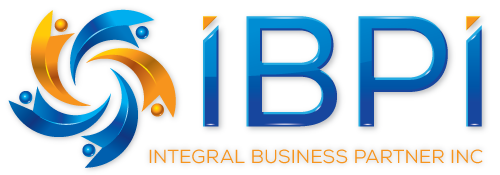The integration of Artificial Intelligence (AI) into staffing has not only revolutionized the industry’s operational efficiency but also enhanced the quality of matches between candidates and positions. Across the globe, companies and staffing agencies have been deploying AI technologies to overcome traditional recruitment challenges, yielding significant successes. Here are a few illustrative examples of how AI has been effectively utilized in the staffing industry, showcasing its potential to transform talent acquisition and management.
Streamlining Recruitment Processes
A multinational corporation was facing challenges in managing the volume of applications for various positions across its global operations. By implementing an AI-driven applicant tracking system (ATS), the company was able to automate the screening of resumes, identifying the most promising candidates based on predefined criteria. This not only reduced the time-to-hire by 40% but also improved the overall quality of candidates shortlisted for interviews.
Enhancing Candidate Engagement
A staffing agency specializing in the tech industry integrated an AI-powered chatbot into its recruitment process. This chatbot was designed to engage candidates from the moment they submitted their applications, providing immediate feedback, answering FAQs, and even scheduling interviews. The result was a more dynamic and interactive candidate experience, leading to a 50% increase in candidate engagement and a significant reduction in drop-off rates during the application process.
Reducing Bias in Hiring
An organization committed to diversity and inclusion adopted AI-based tools to anonymize candidate applications and assess skills and competencies objectively. By removing identifying information and focusing solely on the qualifications relevant to the job, the company significantly reduced unconscious bias in its recruitment process. This approach led to a more diverse workforce, with a 30% increase in hires from underrepresented groups within a year of implementation.
Predictive Analytics for Talent Retention
Facing high turnover rates, a company leveraged AI to analyze patterns in employee data and identify factors contributing to attrition. The insights gained from predictive analytics enabled the company to implement targeted interventions, such as personalized career development plans and enhanced employee engagement initiatives. As a result, the company saw a 25% reduction in turnover, leading to significant cost savings and improved employee morale.
Automating Administrative Tasks
A small but growing staffing agency used AI to automate various administrative tasks, from scheduling interviews to managing candidate databases. This automation freed up recruiters’ time to focus on building relationships with clients and candidates, leading to a more personalized service and a 35% increase in placements per recruiter.
Continuous Learning and Development
Recognizing the importance of ongoing professional development, a company implemented an AI-driven platform to offer personalized learning paths for employees. Based on job performance data and career aspirations, the platform recommended courses and certifications, facilitating continuous skill development. This not only enhanced employee satisfaction and career growth but also ensured the company had a highly skilled workforce ready to meet future challenges.
Conclusion
These success stories illustrate the transformative impact AI can have on the staffing industry, from improving operational efficiencies and candidate experiences to fostering diversity and employee retention. As AI technologies continue to evolve, their potential to further revolutionize staffing and recruitment processes remains vast, offering exciting opportunities for innovation and growth in the industry.
